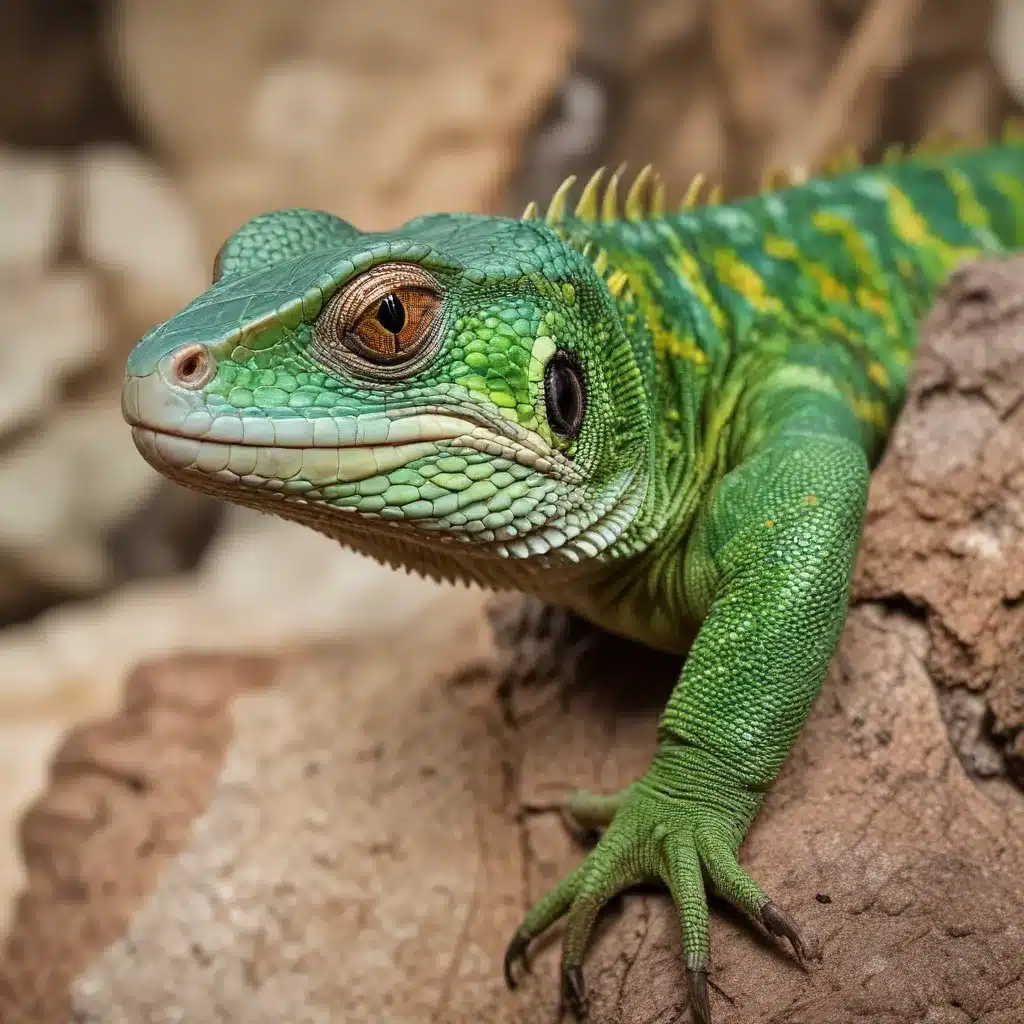
Understanding the Legal Landscape of Exotic Reptile Ownership
Owning and maintaining exotic reptile species can be a rewarding and fascinating hobby, but it also comes with a unique set of legal and regulatory considerations. Before delving into the world of exotic reptile ownership, it’s crucial to familiarize yourself with the relevant laws and guidelines governing the possession, breeding, and sale of these captivating creatures.
Across different regions, the regulations surrounding exotic reptile ownership can vary significantly. It’s essential to research the specific laws and requirements in your local jurisdiction to ensure you are in full compliance. Some areas may have strict restrictions or outright bans on certain reptile species, while others may have more flexible regulations.
One of the key factors to consider is the classification of the reptile species you are interested in. Reptiles are often categorized as either “domestic” or “exotic,” with the latter typically requiring additional permits, licenses, or special permissions for legal ownership and care. It’s crucial to understand the precise legal status of the reptile species you wish to acquire, as well as any specific requirements or limitations that may apply.
Navigating the Approval Process for Exotic Reptile Ownership
If you are considering the acquisition of an exotic reptile species, the first step is to thoroughly research the applicable laws and regulations in your area. Many regions maintain “approved” or “clean” lists that outline the reptile species that are legally permitted for private ownership. Consulting these lists can be a valuable starting point in determining the legality of owning a particular reptile.
In some cases, you may need to obtain a specific permit or license to legally possess an exotic reptile. The application process for these permits can vary, and it’s essential to familiarize yourself with the requirements and timelines involved. Depending on the jurisdiction, you may need to provide detailed information about your reptile care experience, the intended housing and enclosure setup, and even undergo an inspection of your facilities.
It’s important to note that the legal status of a reptile species can also change over time, as governments and regulatory bodies update their policies and guidelines. Regular monitoring of any changes in the law is crucial to ensure you maintain compliance and avoid potential legal issues.
Responsible Reptile Ownership and Care
Owning an exotic reptile is a significant responsibility that requires a deep understanding of the species’ unique needs and care requirements. Proper housing, feeding, and veterinary care are essential to the well-being of your reptile companion.
When it comes to housing, reptiles have specific temperature, humidity, and lighting needs that must be meticulously maintained. Investing in high-quality enclosures, heating and cooling systems, and appropriate substrate can help create a thriving environment for your reptile.
Feeding requirements can also vary greatly between reptile species, and it’s crucial to research the appropriate diet and feeding schedule for your particular pet. Some species may require live prey, while others may thrive on a varied diet of fruits, vegetables, and commercially available reptile food.
Regular veterinary check-ups and preventive care are also essential for maintaining the health and longevity of your exotic reptile. Finding a veterinarian who specializes in reptile medicine can help ensure your pet receives the specialized attention and treatment it requires.
Ethical Breeding Practices for Exotic Reptiles
Responsible reptile ownership often extends beyond the care of individual pets. As an enthusiast, you may be interested in breeding exotic reptile species, either for personal enjoyment or to contribute to the conservation of rare or threatened species.
Ethical breeding practices are crucial in the world of exotic reptiles. This involves carefully selecting breeding pairs, ensuring genetic diversity, and prioritizing the overall health and well-being of the animals. Responsible breeders also adhere to strict record-keeping and traceability protocols to maintain the integrity of their breeding programs.
It’s important to note that in some regions, the breeding and sale of certain exotic reptile species may be subject to additional regulations or restrictions. Familiarizing yourself with the applicable laws and guidelines in your area can help you navigate the breeding and sales process with confidence and compliance.
The Importance of Legal Compliance in Exotic Reptile Ownership
Navigating the legal landscape of exotic reptile ownership is not just a matter of personal preference or convenience – it’s a critical aspect of responsible pet ownership. Failure to comply with the relevant laws and regulations can result in serious consequences, including the confiscation of your reptile, heavy fines, and even criminal charges.
Beyond the legal implications, non-compliance can also have significant ethical and environmental implications. Improper handling or the release of exotic reptiles can disrupt local ecosystems, introduce invasive species, and pose a threat to native wildlife. Adhering to the law helps ensure the well-being of your reptile and the preservation of the natural world.
By staying informed, adhering to regulations, and prioritizing the health and safety of your exotic reptile, you can enjoy the wonders of these captivating creatures while also contributing to the responsible stewardship of the reptile community.
Conclusion: Embracing the Responsible Ownership of Exotic Reptiles
Owning and caring for exotic reptile species can be a deeply rewarding and enriching experience, but it also comes with a unique set of challenges and responsibilities. By understanding the legal requirements, prioritizing ethical breeding practices, and providing exceptional care for your reptile companions, you can navigate the regulatory landscape with confidence and contribute to the responsible ownership and conservation of these fascinating creatures.
Remember, the success of the exotic reptile hobby relies on the collective efforts of enthusiasts, breeders, and pet owners to ensure the well-being of these animals and the preservation of their habitats. By staying informed, adhering to the law, and prioritizing the highest standards of reptile care, you can help shape a vibrant and sustainable future for the world of exotic reptiles.
For more information on reptile care, breeding, and the legal requirements for owning exotic species, visit ExoticReptiles.com, a comprehensive resource for reptile enthusiasts.


